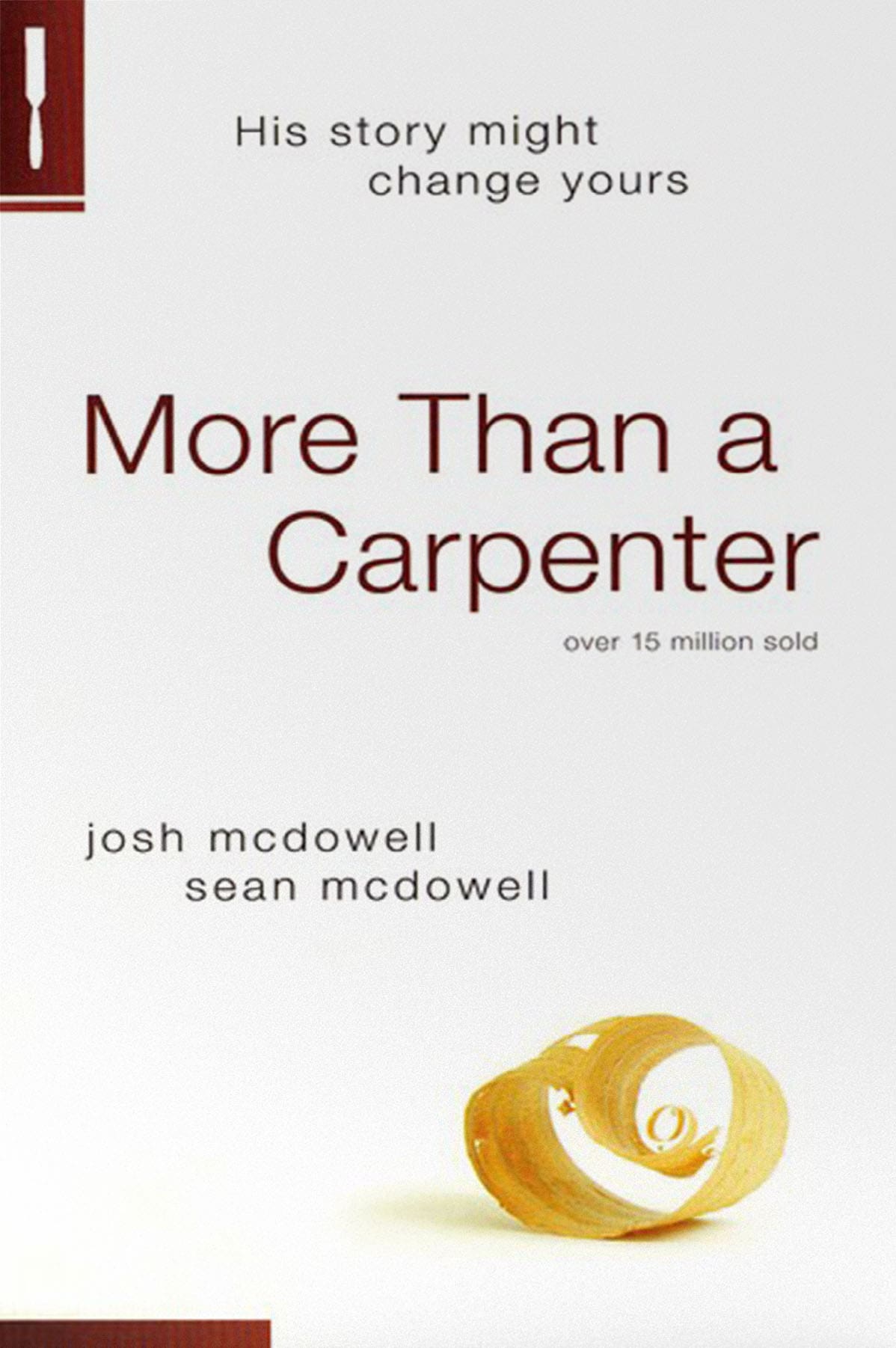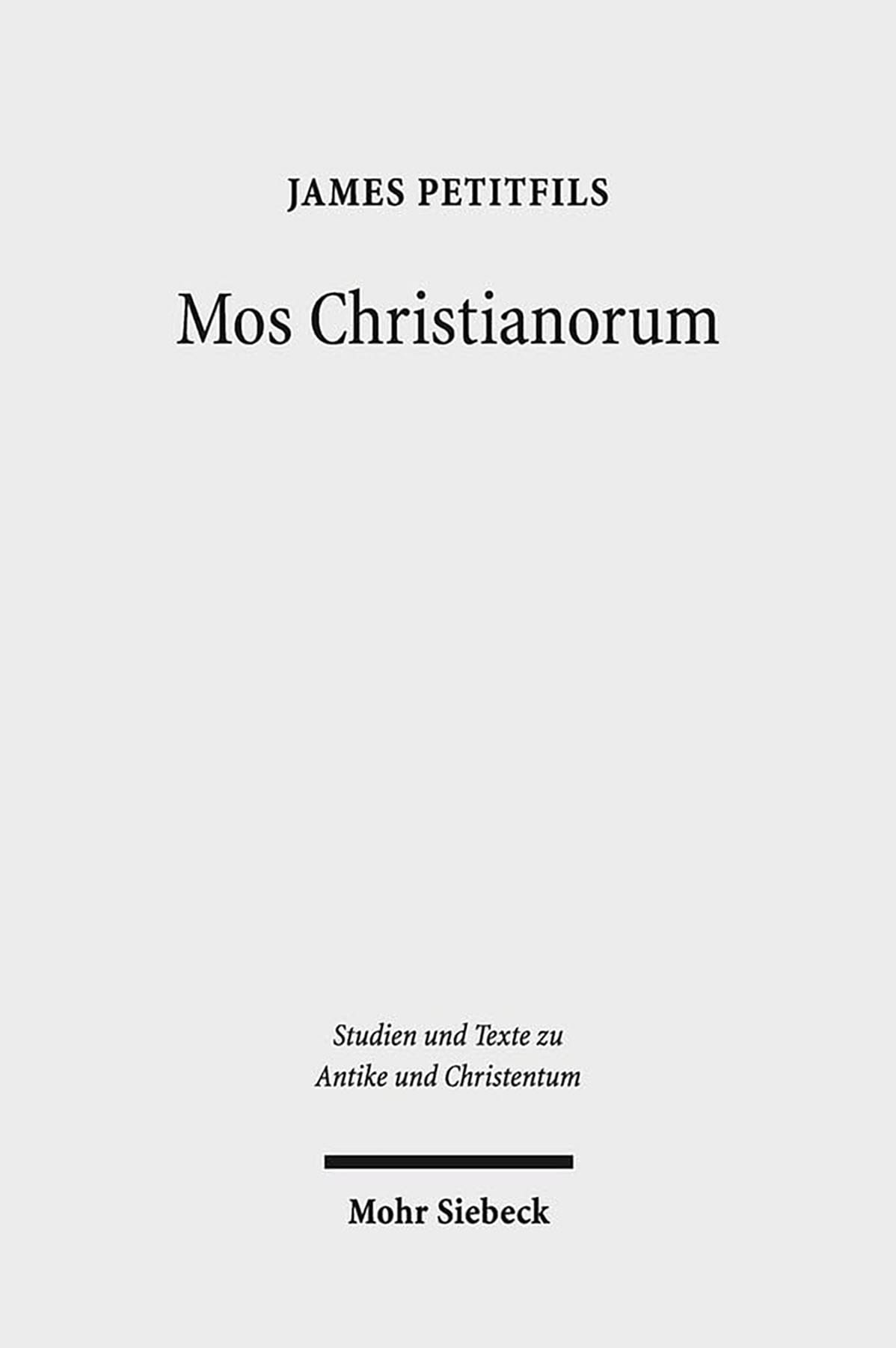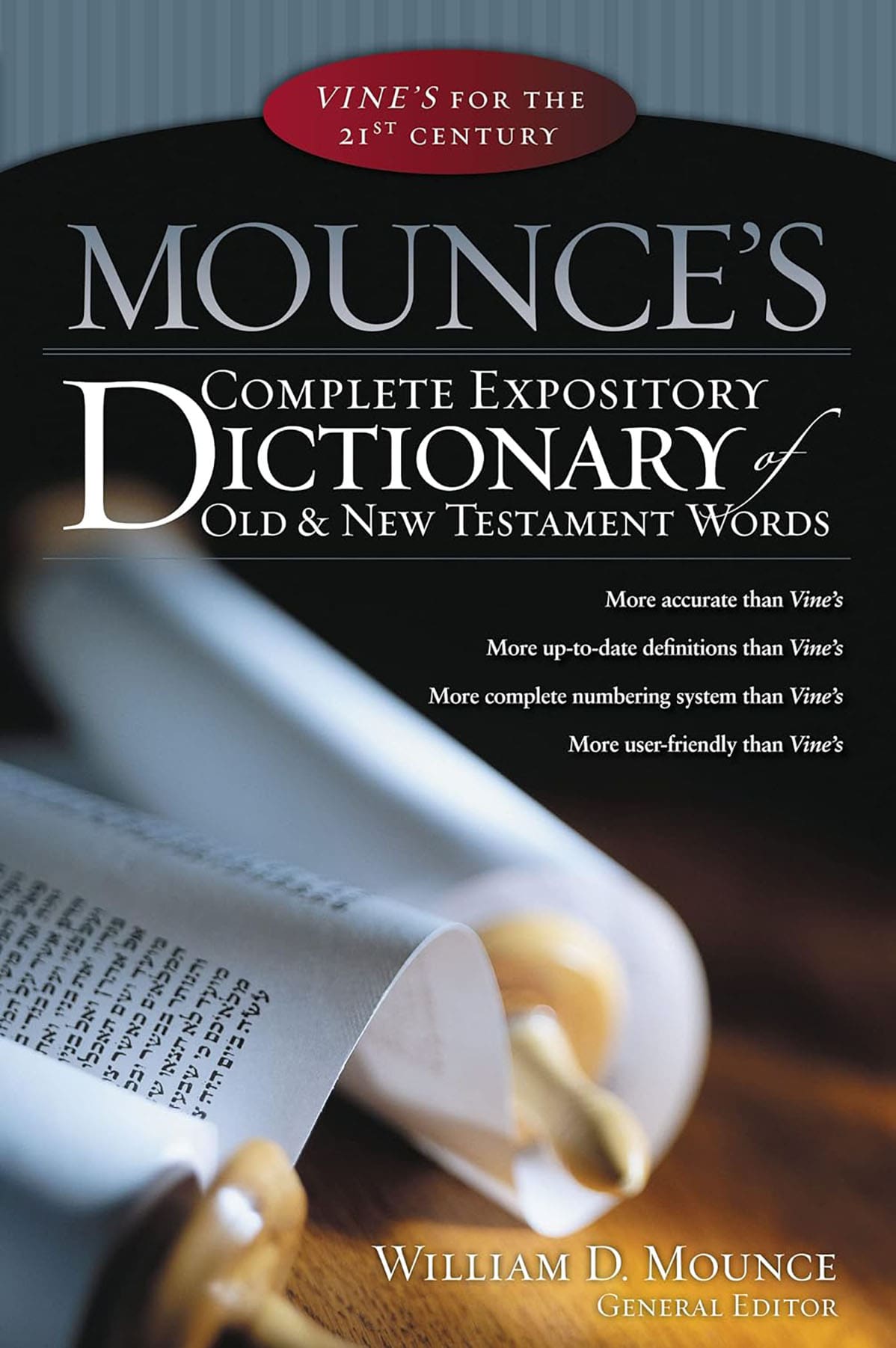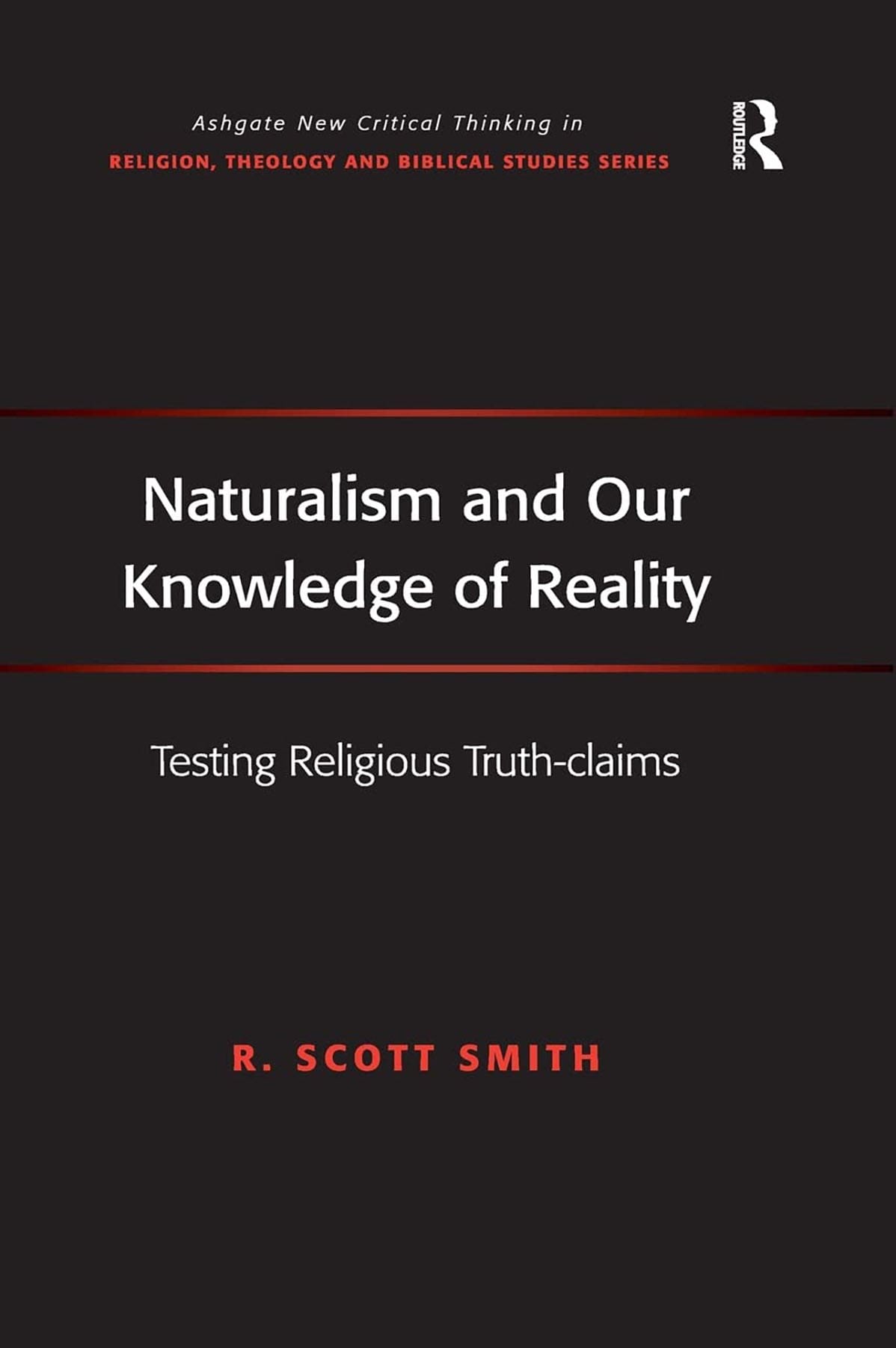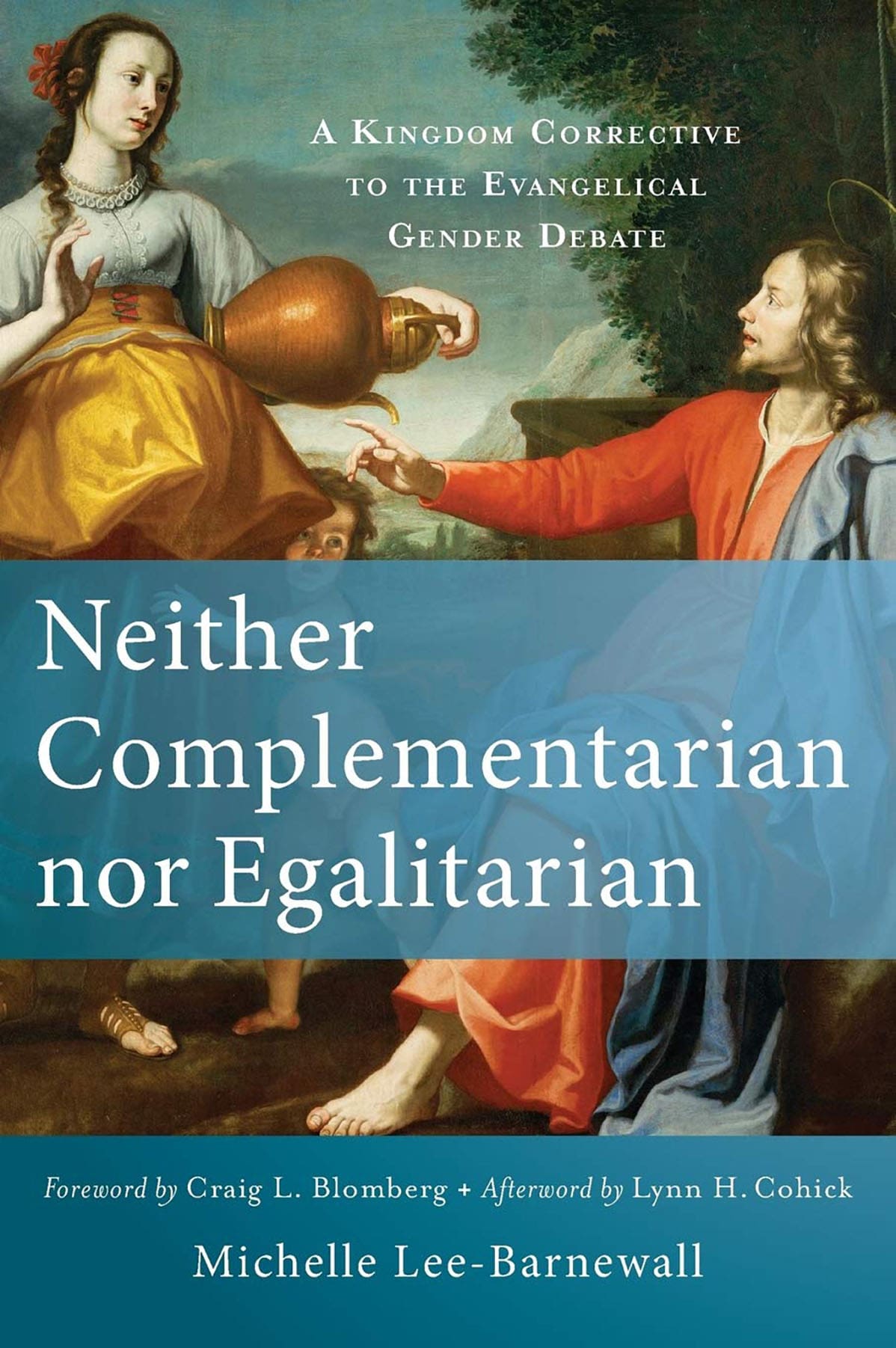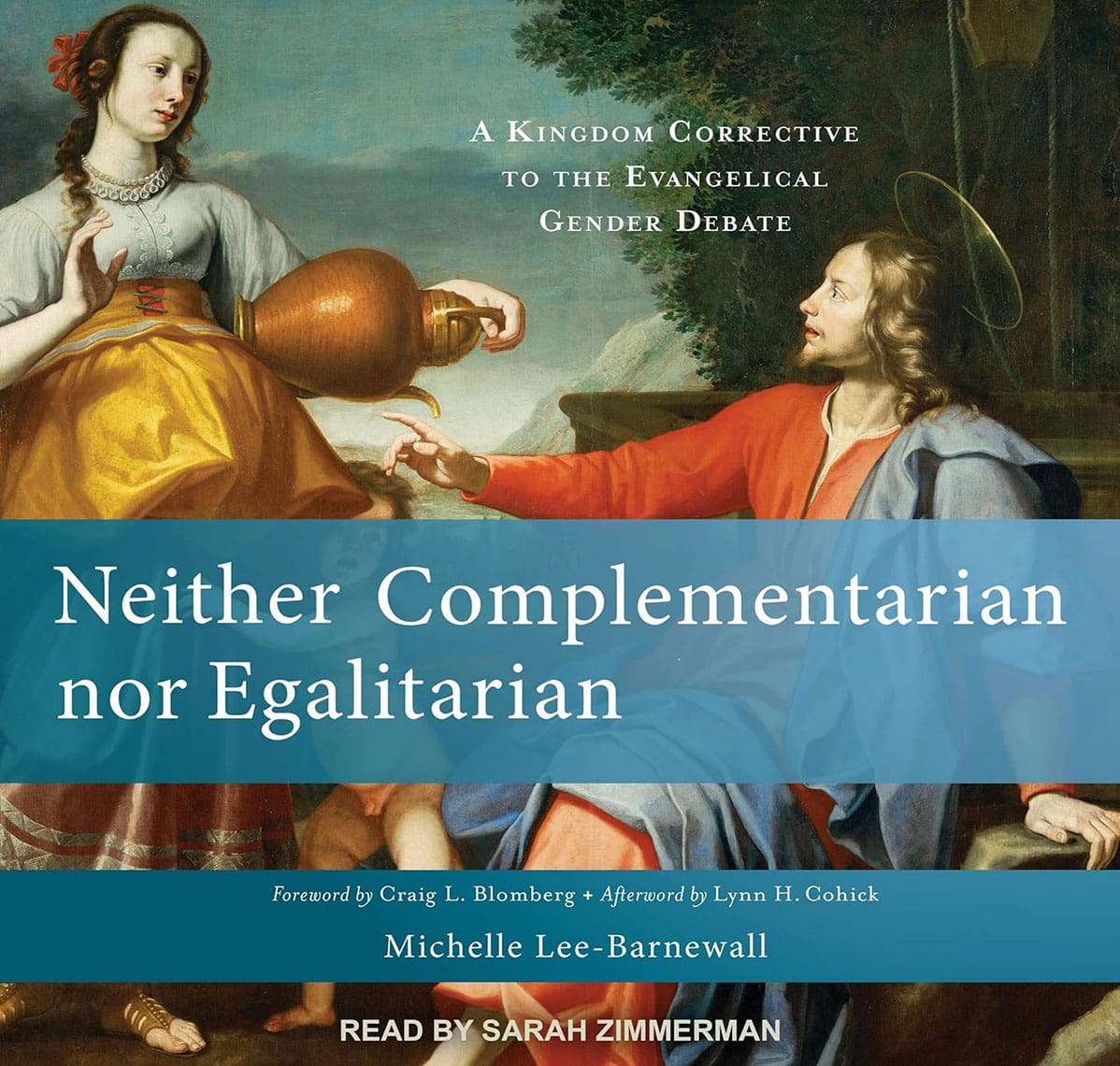More Than a Carpenter
Updated for a new generation of seekers with revised material and a new chapter, this bestseller introduces the real Jesus—a carpenter, a religious leader, and the Son of God. The McDowells reveal how they searched for meaning, truth, and relevance—finding the answers in Jesus Christ. Discover how you can find him, too!

